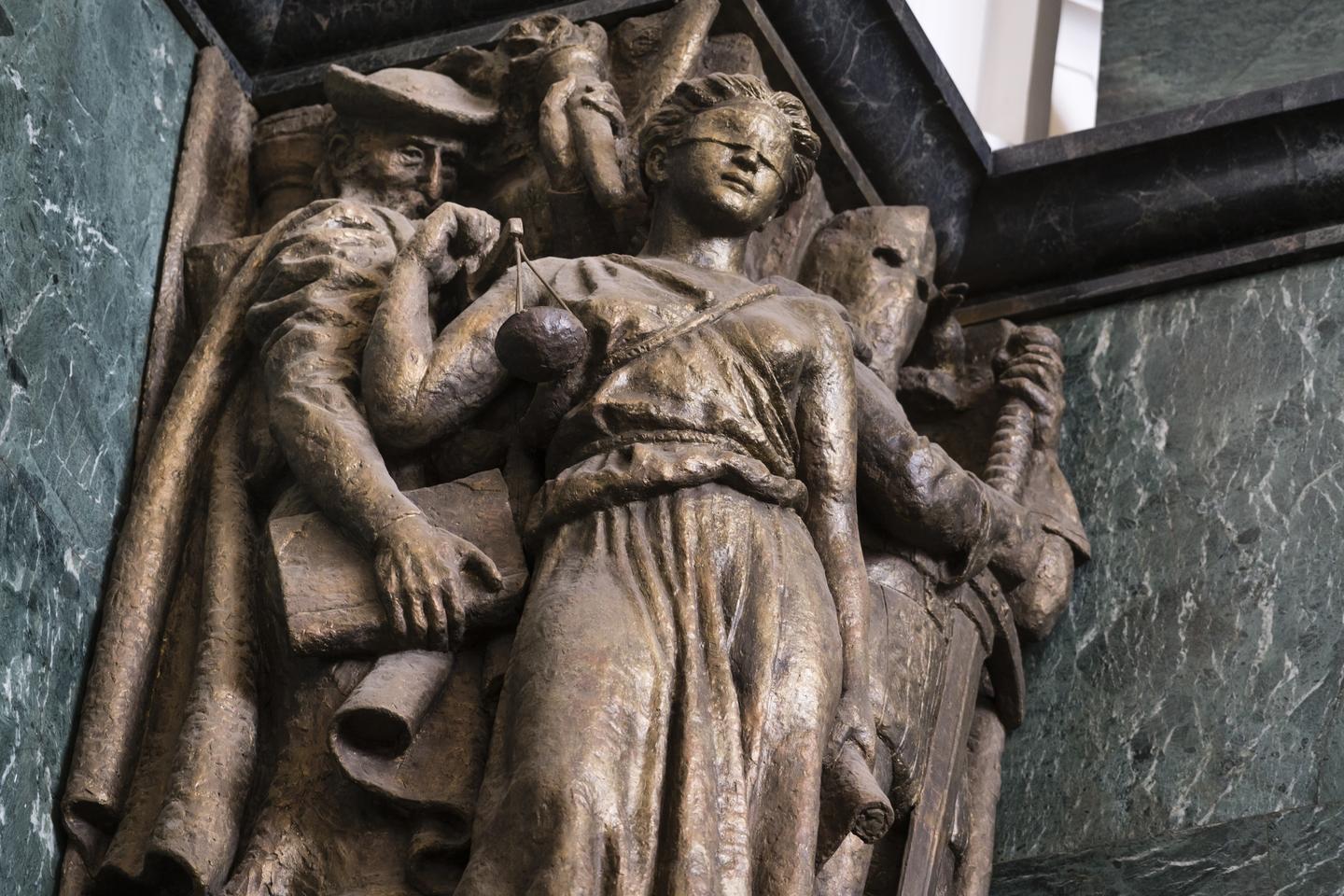Key information about the programme
- The programme is operated by the Polish Ministry of Justice, Department for Strategy and European Funds
- The Donor Programme Partners in this programme are the Norwegian Ministry of Justice and Public Security and the Norwegian Directorate of Correctional Service
- The programme’s objective is: Strengthened rule of law
- The programme funding amounts to € 58,221,052 and is funded entirely by the Norway Grants
Why is the programme needed?
The major challenges identified in consultation with stakeholders in this programme area are reducing re-offending and supporting the process of inmates’ rehabilitation. Therefore, it is important to ensure better conditions of serving a sentence including modern infrastructure, number of inmates involved in social reintegration programmes and the creation of half-way houses for probation.
The problem with infrastructure is not only related to old facilities but also the lack of conditions for providing a modern model of rehabilitation and insufficient space for inmates. Strengthened cooperation among the prison staff, probation service, judges and non-governmental organisations is of great importance.
In Poland, domestic violence is a serious social problem. Research conducted in 2014 at the request of the Ministry of Labour and Social Policy revealed that almost a quarter of Poles experienced violence from close relatives.
Concerning domestic and gender-based violence in general, Poland has developed successfully the effective system to deal with complaints of domestic violence, based on the Act on Counteracting Domestic Violence (2005; amended in 2010) and the Regulation of the Council of Ministers of 12 September 2011 on the “Blue Cards” procedure. However, there is a need to coordinate services carried out to prevent domestic and gender-based violence and to support families with identified risk of violence to occur.
The elderly and disabled people, who form a large part of Polish society, are particularly vulnerable. They are exposed to unequal treatment, because of their age, ailments, dependence on others or lack of awareness of their rights.
What will the programme achieve and who are the beneficiaries?
The programme will achieve improvements in the correctional system by focusing on systemic measures and capacity building to facilitate improved conditions for prison staff and inmates. The Norwegian Directorate for Correctional Service has taken the initiative to establish three thematic multilateral working groups focusing on education, evaluation and conferences with participants from several Beneficiary States. These working groups aim at sharing good practice and creating synergies between the countries within the correctional service.
The programme focuses on establishing five pilot correctional complexes, each consisting of a pilot prison, production hall and a half-way house for the rehabilitation of inmates. The objective will be achieved through training of staff, work experience and implementation of reintegration programmes and inter-institutional cooperation i.e. focusing on alternative measures to prison.
Within the domestic and gender-based violence projects, the activities focus on capacity building and awareness raising to improve on the prevention of violence. The main beneficiaries are victims of violence. For the Programme Area ‘Prevention of Domestic and Gender-based Violence’ the multilateral cooperation has been initiated by the Norwegian Ministry of Justice and Public Security under the Synergy project. The objective is to improve the system for prevention of domestic and gender-based violence. The planned activities shall be in compliance with the Council of Europe Convention on Preventing and Combating Violence against Women and Domestic Violence (Istanbul Convention). The project shall aim at prioritising victims’ rights and improving the domestic violence prevention system for the elderly and disabled people in Poland, in line with Article 4 of the Istanbul Convention.
How will the programme strengthen bilateral relations?
The programme shall contribute to strengthening bilateral relations between Poland and Norway. Funds earmarked for bilateral relations under the programme can be used for the following activities:
- building bilateral relations to undertake cooperation to implement projects with an advisory participation of the partner (visits, conferences, seminars, projects-related meetings, etc.);
- exchanging experience, knowledge and best practices between entities in Poland and Norway.
In addition, the parties will strengthen the cooperation on transfer of sentenced persons, to make the implementation of the European Convention on Transfer of Sentenced Persons and its additional protocol more effective. The parties intend to work towards a bilateral agreement on transfer of sentenced persons. A first draft on a bilateral agreement on transfer of sentenced persons between Poland and Norway will be presented as soon as possible.
Availability of funding through open calls
There are no open calls in the programme.
Download the full programme agreement for more detailed information about the programme.
